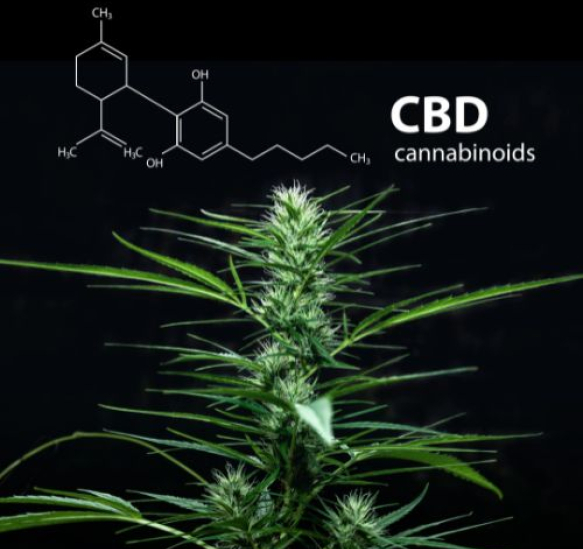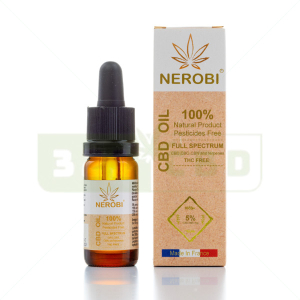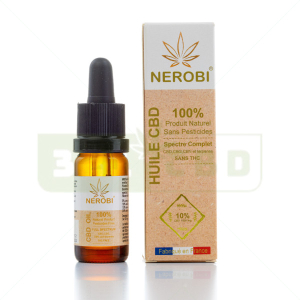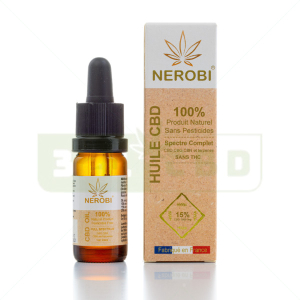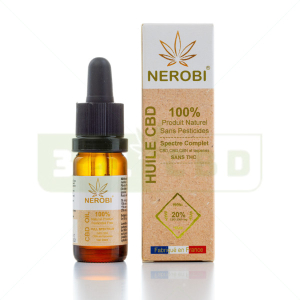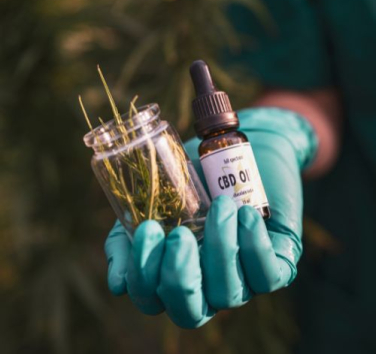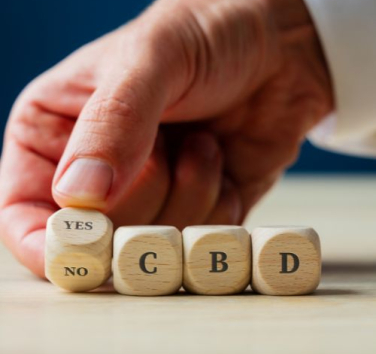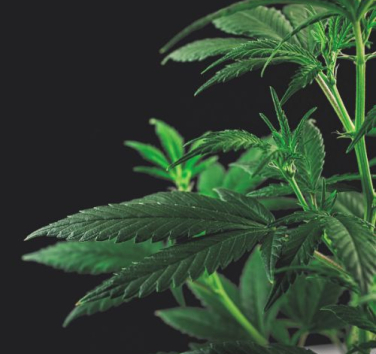What exactly is a drug?
The definition may vary depending on context and legislation, but the term “drug” generally refers to any chemical substance, natural or synthetic, that alters physiological functions through interaction with systems alive when absorbed by the body.
The World Health Organization (WHO) defines a drug as “any substance which, when taken in quantity or by certain methods, alters perception, mood, cognition, behavior or other psychological and physiological functions”. This definition therefore encompasses a wide range of substances, from prescribed medications to illegal substances.
In law, the term "drug" is associated with controlled and regulated substances, the use of which is restricted or prohibited because of their potential for abuse, dependence or danger to health.
Does CBD have the characteristics of a drug?
As a matter of law, cannabidiol (CBD) is not a drug. It is a licit, legal substance and authorized to be freely sold and consumed in France, in the countries of the European Union (since the decision of the CJEU in 2020) and in the majority of Western countries.
Medically and pharmacologically, CBD does not correspond to the classic definition of a drug. Indeed, despite the fact that it comes from the cannabis plant, and more precisely from the Cannabis L. Sativa and Cannabis Indica varieties, CBD does not induce a psychotropic effectand does not alter not the cognitive abilities of the consumer.
This is also why the World Health Organization (WHO) recommends that States not classify CBD internationally as a controlled substance. “During its November 2017 meeting, the WHO Expert Committee on Drug Dependence concluded that, in its pure state, cannabidiol (CBD) does not appear to have any potential for abuse, nor to be harmful to health.
CBD is not a drug…on one condition!
The WHO explains it very well: cannabidiol itself (in its pure form) is not a drug. But when it is offered in a product that contains other substances, the qualification of a “drug” of the product will depend on its composition.For example:
- Hemp oil that contains CBD, terpenes and other non-psychotropic molecules will not be considered a drug;
- Cannabis oil that contains CBD, but also THC, a psychotropic molecule, will be qualified as a drug.
This is why consumers who wish to benefit from the soothing, pain-relieving and anti-stress properties of CBD must imperatively obtain their supplies from reliable and serious suppliers.
At 321CBD, all CBD products offered undergo rigorous laboratory tests in France to validate their legality and the absence of any psychotropic effects. So you can treat yourself with complete peace of mind.

